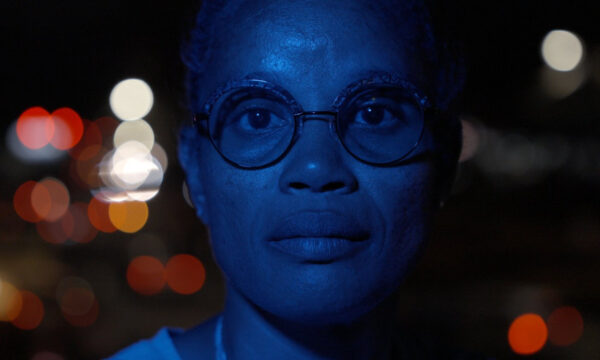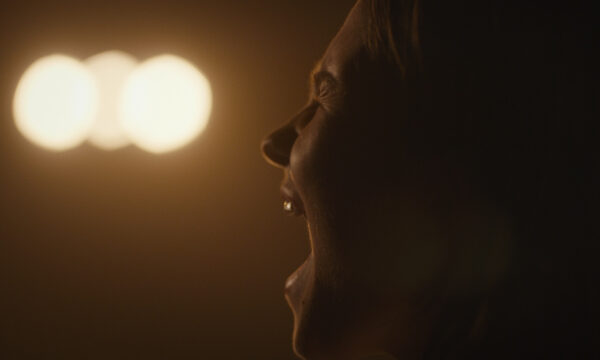Icaros: A Vision

People usually plan to see a particular thing when choosing a vacation destination. Whether it be the beach, skiing, even lounging, each spot fulfils a desire. The same can be said for places that provide a “spiritual journey”. Peru, along with its rich history, draws visitors searching for the drug Ayahuasca. Icaros seeks to chronicle such a spiritual journey, visually and mentally.
Recently diagnosed with an incurable disease, Angela seeks alternative medicine deep in Peru and away from her metropolitan home. Arturo and his family, shamans of the Amazon, provide a possible cure for many ills. Cures range from drinking the famous Ayahuasca to eating live ants. However, what is the solution to an illness that advanced science deems incurable? It may be, like the treatments provided by Arturo and his family, unconventional.
Icaros brands itself as a “vision”. Embedded in the deep green Amazon rainforest, full of chirping insects and oddities yet to be discovered, filmmakers Leonor Caraballo and Matteo Norzi take full advantage of the surroundings. Their muse, Ana Cecilia Stiglitz, is introduced into this foreign world addicted to technology only to confront what lies under layers of human history. While this journey is occasionally muddled by overindulgence of the unexplained, the exploration of this barely-traversed land is enough to hold attention.
Icaros finds success by contrasting environments: light against dark, individual against community, Western civilisation versus indigenous culture. By remaining ambiguous in the effect of either pole, the audience is able to ruminate and discern a preference. Like all visual films too, when there is little to ponder, images continue to entertain.
Daniel Engelke
Icaros: A Vision does not have a UK release date yet.
Read more of our reviews and interviews from the festival here.
For further information about Tribeca Film Festival 2016 visit here.





















Facebook
Twitter
Instagram
YouTube
RSS